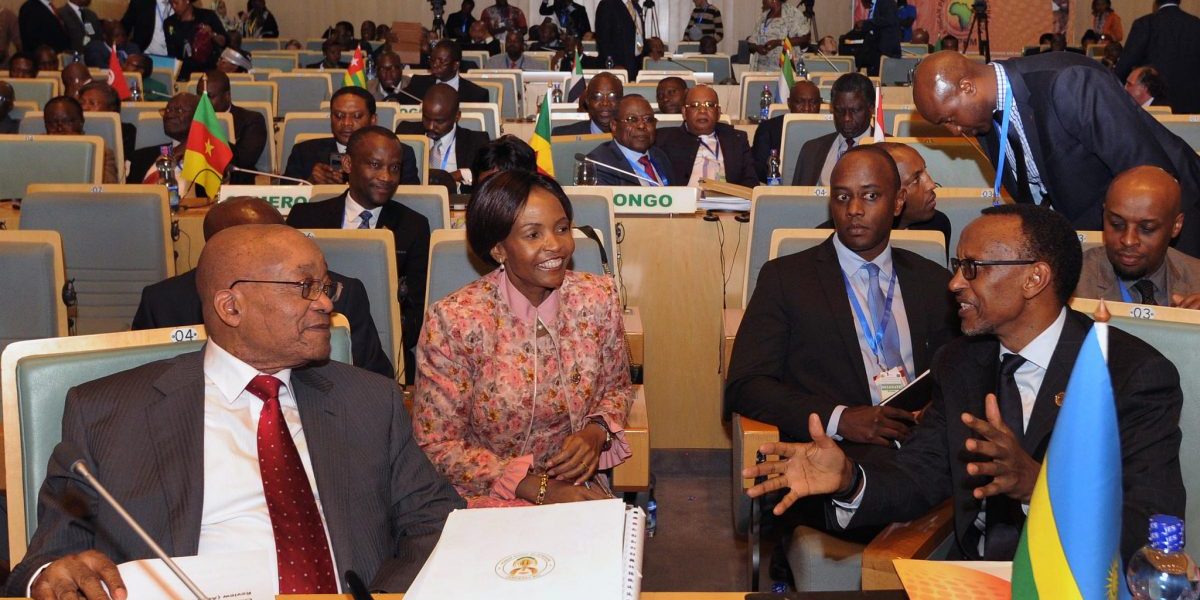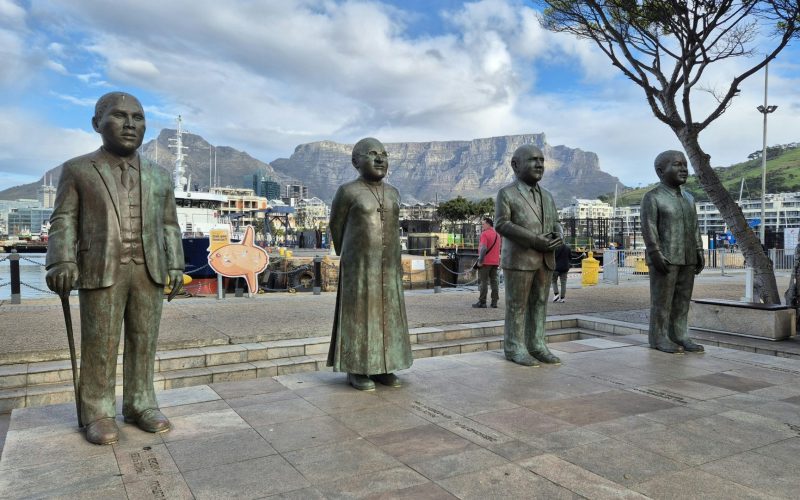The African Peer Review Mechanism (APRM) tries to identify both problems facing participating countries and solutions to these problems. However, thus far it has proven easier to examine the problems that countries face than to come up with actionable solutions, says Terence Corrigan, a researcher and seminar facilitator at the South African Institute of International Affairs. This paper seeks to identify common socio-economic development problems revealed in six African countries that have received APRM Country Review Reports, and to look at the solutions they offer.
The six countries are Ghana, Rwanda, Kenya, South Africa, Algeria and Benin. All have gone through difficult phases in the relatively recent past. Their issues are not identical but it is possible to find common links. Two hidden factors hamper analysis. First is an apparent reluctance to explore political influences that can dictate success or failure, raising a ‘difficult question’: who gains and loses from development options? Second, an absence of precise information, leading to important phenomena not being taken into account. Even the definition of poverty is hotly debated, creating an impression that poverty is increasing despite economic growth.
Among the common problems are unemployment, access to land, weak educational systems, gender discrimination, and poor health care systems. Add to that, external dependency — a situation in which ‘the world’s poorest region overall’ is reliant on donors.
It is apparent, concludes the author, that extensive hurdles to development remain: encompassing a range of factors from the visible offshoots of unstable economies, to the existence of a survivalist mentality, cultural and traditional practices, absence of skills, corruption and a lack of political will.
SAIIA sincerely thanks those who acted as peer reviewers for this paper.
Perspectives on Governance: Founded to promote public debate and research on crucial issues of public policy, the South African Institute of International Affairs (SAIIA) is pleased to send you these occasional papers that we hope will contribute to a more robust conversation about the nature of Africa’s governance challenges.







